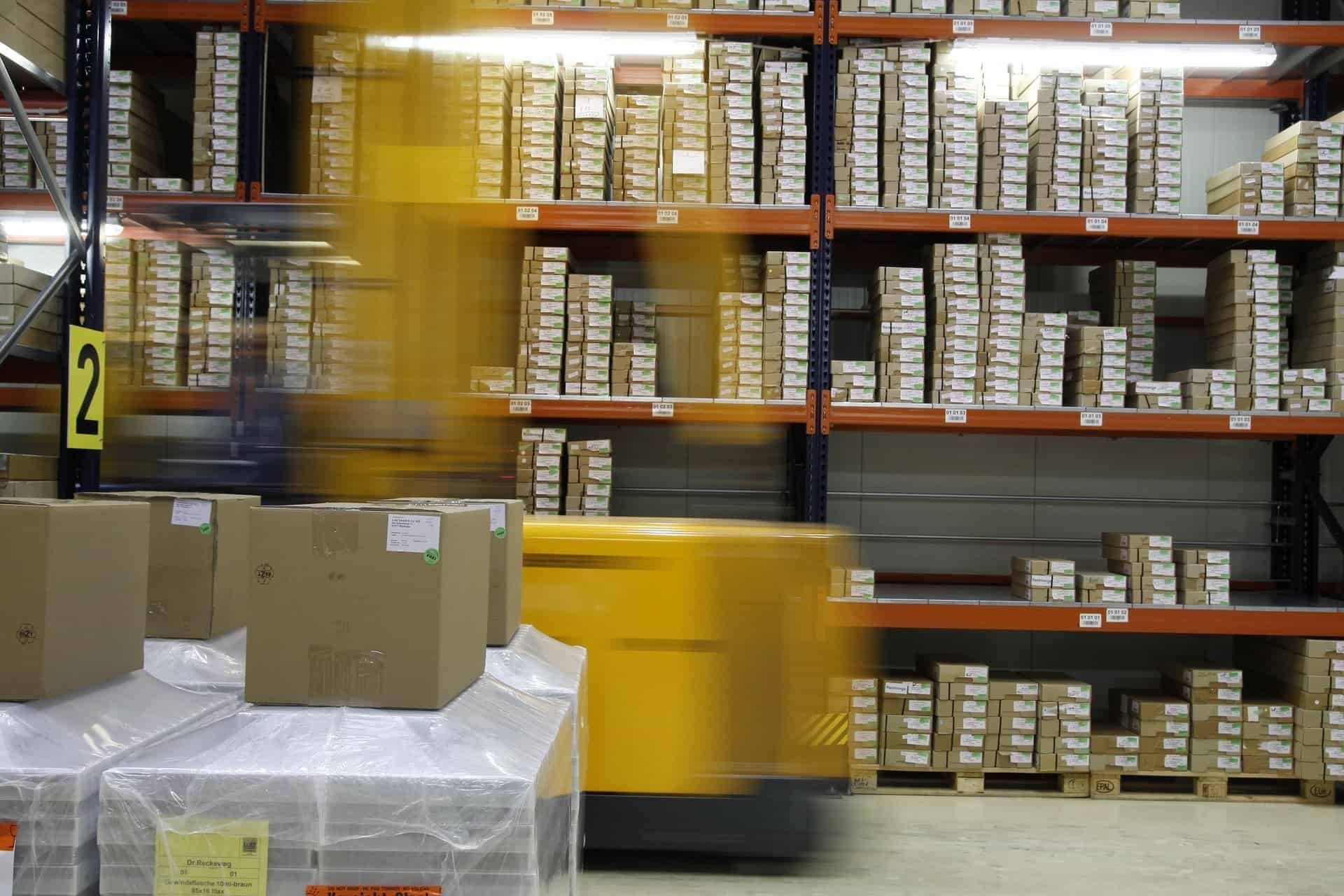Advantages of RFID Tags Over Barcodes for Warehouse Management
RFID technology has been around for years. Over 15 years ago, RFID was due to be the next big thing to improve productivity and save a huge amount of time locating stock, assets and more. Over the years, distribution environments have typically opted for less expensive and more universal barcode labels. Until now that is. The UHF RFID market in Warehouse Management is currently growing for many reasons, including:
- The cost of RFID tags, hardware and implementation has come down
- The accuracy of UHF tags has significantly increased
- UHF RFID tags can now be placed on metal and liquid items with fantastic results
- There is more choice in terms of implementing a fixed UHF RFID system and a Mobile Handheld UHF RFID system
- A portable UHF RFID handheld reader is capable of collecting tag data from a few centimetres away up to 18.2 metres away from a tag.
- Consumers are increasingly impatient and want their orders next day. It is imperative warehouses know exactly what they have in stock and where it is quickly otherwise they may miss out on a sale.
There are huge advantages of RFID over traditional barcodes for warehouse management and these include:
- No need for line of sight: RFID tags do not need line of sight scanning and can be read in bulk (i.e. per cage or mixed pallet). A fixed position RFID reader on a Bay/Dock door can more rapidly input every item into inventory without scanning each barcode label by hand. RFID labels enable staff to conduct faster, more frequent stock takes.
- Increased durability: RFID tags can be weatherproof and survive high temperatures and chemicals (steralisation). Barcode labels can easily peel off or wear away. You can also print human readable data onto an RFID label and pair an RFID tag with a Barcode label.
- Increased Productivity: RFID tags can scan hundreds of tags in seconds, so once the RFID technology has been implemented, productivity gains are huge. Inventory checks can be completed in seconds or minutes, whereas Barcodes must be scanned individually and are much more time intensive. Using a mobile RFID handheld device can also assist in locating stock that has been misplaced. If someone was to incorrectly place stock in the wrong area, Barcodes would not help in locating these items like RFID can.
- More Data & More Secure: Barcodes typically are limited to a certain number of characters of information. An RFID tag can contain up to 100 times more data and include all sorts of useful information such as product origin, batch, serial numbers and expiration dates. You can also encrypt data on an RFID tag and “kill” the information on a tag should you wish to wipe them. You can get Read/Write tags which can enable data capture for real time location in supply chain, shipping history, maintenance, recall events and other product information. RFID readers can automatically detect when an item leaves and area and can create an event such as an alarm or email notification.
RFID implementation requires careful planning and is best managed in stages to allow testing to ensure that RFID meets your expectations. We can assist with analysing your business processes and onsite ROI analysis to determine if RFID tagging is a good fit for your business.
There are a range of questions to answer. How much will it cost? How long will it take to implement? Can you connect with my existing WMS Software? What is the right RFID tag for my business?
We will advise on the best RFID setup, hardware, software and tag solution for you. Tec-RFID are certified RFID implementation specialists and have RFID accreditation with Zebra, who are the leading end to end UHF RFID manufacturer. Our friendly and knowledgeable team can help advise you with your RFID project. Contact us and we would be happy to discuss further.

